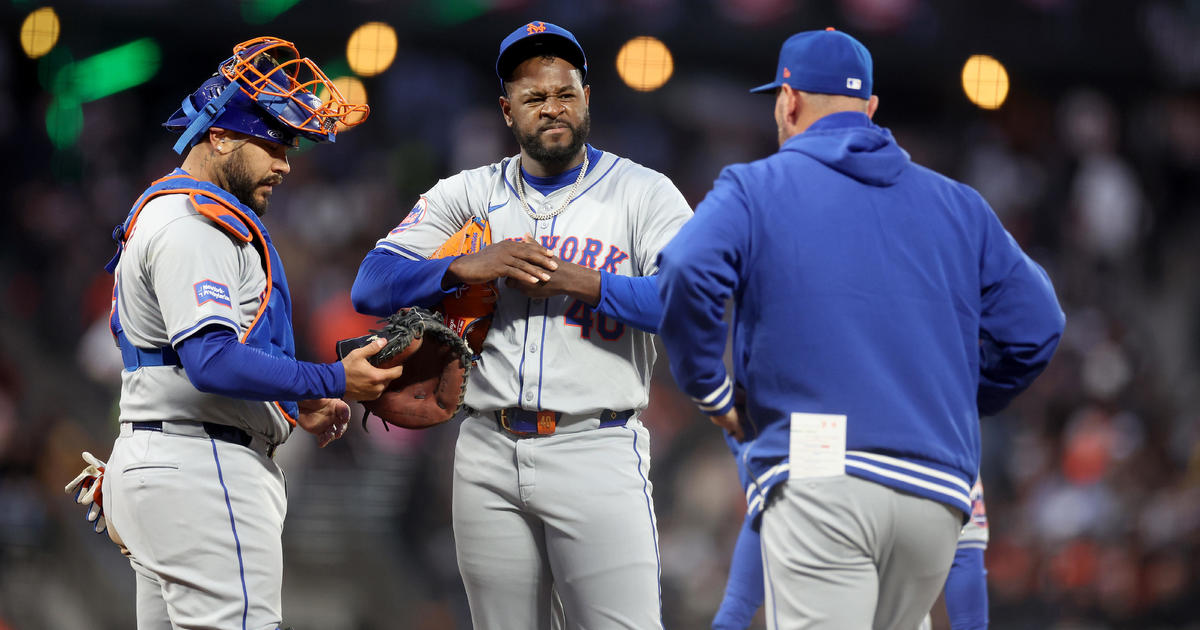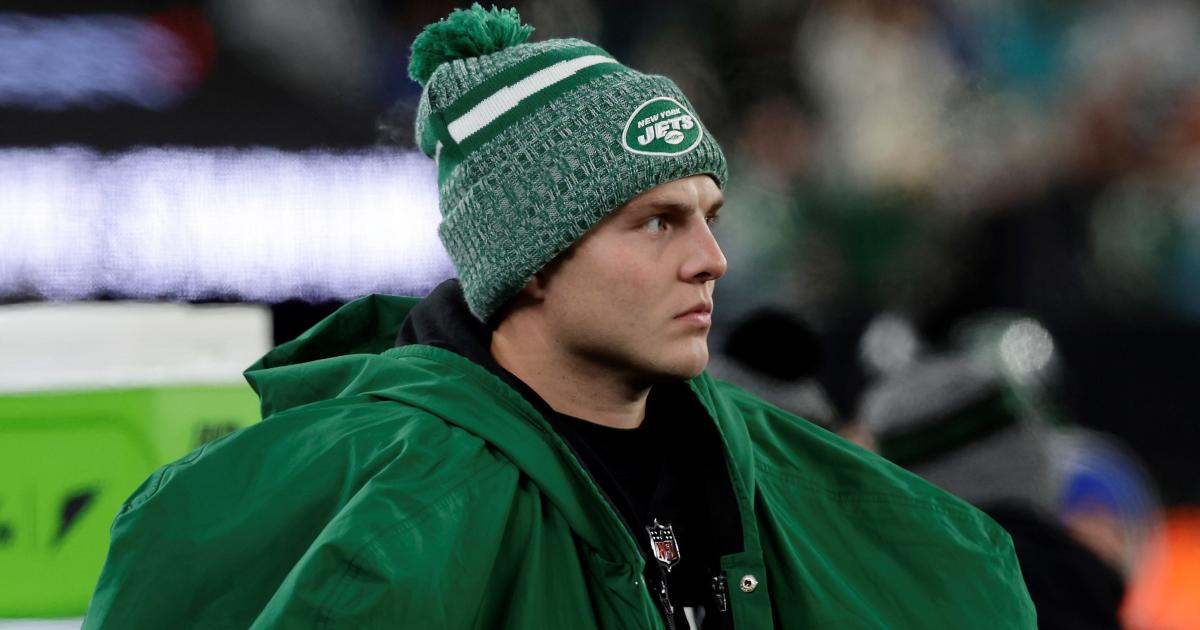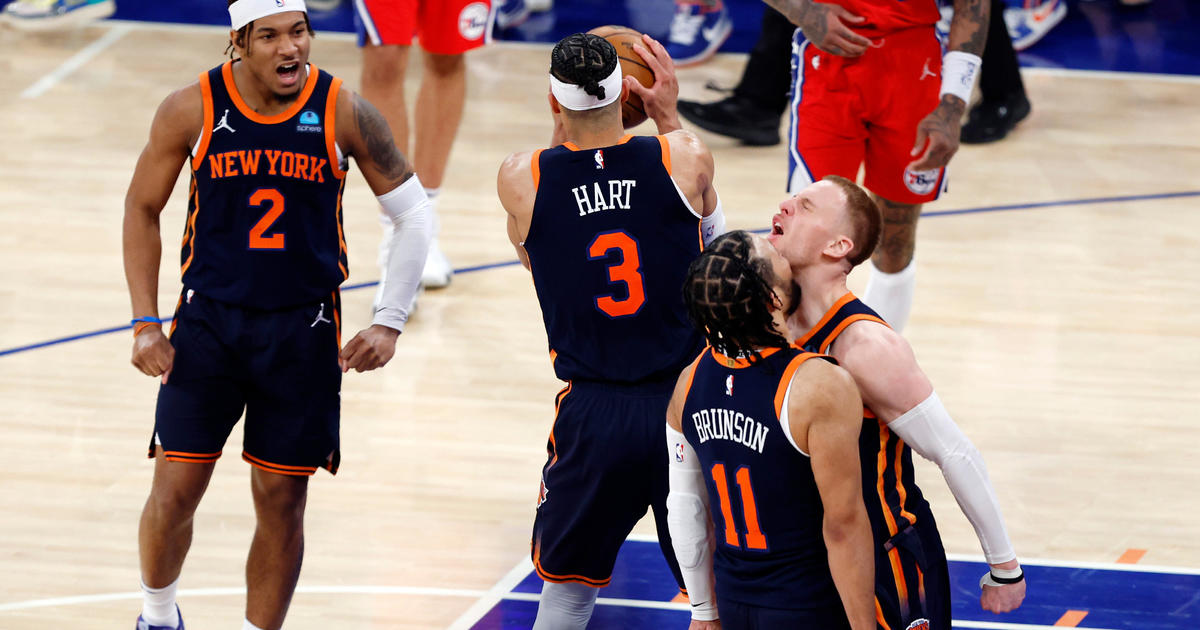Palladino: Mets Have Good Reason To Move Cautiously With Fragile Wright
By Ernie Palladino
» More Ernie Palladino Columns
As much as improved lineup depth will benefit the Mets this season, there is no substitute for healthy, everyday starters.
David Wright is one of those. When the captain finally does walk out to third base during spring training, Terry Collins wants to make sure he'll stay there for the majority of the season.
That's no easy goal considering Wright's recent medical history. And bench depth offers no guarantee that the production and competitiveness Wright offers won't suffer a significant dropoff at some critical juncture.
Having Wilmer Flores ready in the wings to give Wright an occasional rest is nice, but given Flores' relative inexperience at third, starting him long-term would probably not represent a desirable option. Having Wright out there despite the detractors who will point to his fielding deficiencies and waning power stroke, still remains the best chance for success.
The problem is that pesky vertebrae. Spinal stenosis, the narrowing of the spinal channel that kept him out of 115 games last year, doesn't heal. The Mets can manage it with proper rest and the right kind of training, but the nerve pain stenosis generates won't stay locked away forever.
That's why Wright didn't get a single inning through the first week of exhibition games, and won't until he passes a whole checklist of tasks the doctors laid out for him.
Wright told The Daily News he'd like to get back to real action by March 18. But if it's later, fine. At this point, as he heads into his 13th season, any time the Mets' emotional leader feels fit, the idle days will be time well spent.
For now, he's relearning how to move. He just started running the bases Sunday. After that, he'll be tested on quick changes of direction and cutting.
Until he can do everything in a relatively painless manner, his spikes won't touch the game day field.
To someone as competitive as Wright, these are tedious days. But better to deal with that now than miss most of another season. His absence from the lineup alone didn't sink the offense in the pre-Yoenis Cespedes days, when three runs seemed like a windfall for Collins' super-talented rotation. But it didn't help, either.
Eric Campbell tried to replace him, but he couldn't generate a key hit and wound up hitting .190 in 44 games there. Daniel Murphy contributed enough hits in 42 games to compile a .273 BA, but only drove in 17 runs and produced 11 doubles and two homers.
Wright made it back just in time for the good part. In 30 games down the stretch, he produced four homers and 13 RBI, and hit a solid .277. Though Cespedes did virtually all of the heavy lifting, Wright hit an impressive .370 when the Mets trailed.
Then he hit .286 against Cubs pitching in the NLCS sweep.
He will never again look like the David Wright who went to the All-Star game seven times between 2006 and 2013. The 30-homer power of 2007 and 2008 went away long ago.
But the stability the 33-year-old represents remains too important for the Mets to take any chances with him.
So Wright will bide his time. The checklist that will prove he is indeed fit and extensive stretching sessions designed to reduce the pressure and irritation on his nerves will remain Wright's only actions this spring until the doctors deem otherwise.
It's not pleasant. It's just what he needs to do.
Even as Wright's age advances and his skills diminish, he's still a better long-term option at third than whoever sits behind him.
Depth is great. But as they say, there's no substitute for the real thing.
Follow Ernie on Twitter at @ErniePalladino



